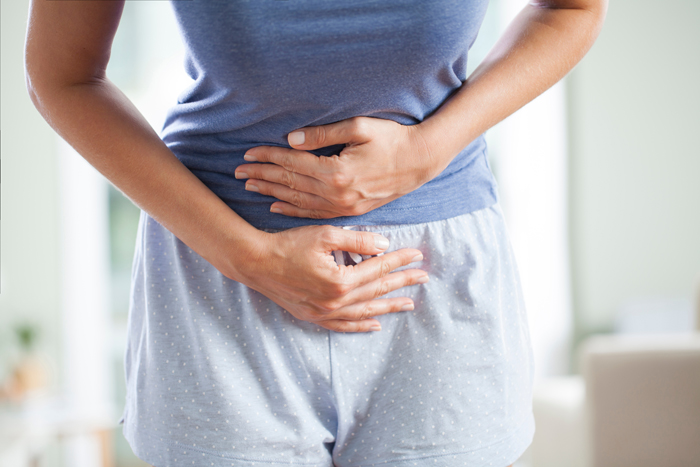Colorectal Cancer Surgery in Chirag Enclave, Delhi
Colorectal problems refer to conditions that impact the rectum or the colon and their functionality. The conditions might vary from being mild or moderate irritations to being serious illnesses. The good news is that a variety of treatment options will help you and healthcare professionals pinpoint the exact colorectal condition that’s affecting you.
To treat the colorectal problem, consult a gastroenterologist in Delhi.

What are the types of colorectal problems?
Some of the most common colorectal problems include:
- Colon Polyps: These are extra pieces of tissue growing from the lining of the colon. These can be mushroom- or flat-shaped, large or small. A majority of them are harmless, but a few might become cancerous. In case a polyp grows bigger than ¼ inch, it can be cancerous.
- Colitis: If the colon becomes inflamed, it is known as ulcerative colitis. It is a condition that might occur intermittently. But it might also become a chronic illness that requires treatment and medications.
- Colorectal Cancer: Colorectal cancer might develop from colon polyps that have grown into cancer.
- Crohn’s Disease: It is an autoimmune disease of the digestive tract, leading to inflammation in the small intestine and other regions of your digestive system.
- IBS: This is a common digestive problem characterized by cramps, bloating, abdominal pain or diarrhea.
What are the symptoms of colorectal problems?
Common symptoms include:
- Blood in Stool: Blood can make stool appear black. It might also show up as red streaks in stool.
- Rectal Bleeding: You might see blood in the toilet paper or underwear after bowel movement.
- Ongoing Diarrhea or Constipation: Diarrhea or constipation can last more than a week and might also indicate bowel obstruction.
- Abdominal Pain: A large polyp might obstruct the bowel and might lead to constipation or cramps.
In case you experience any of these, you should consult the best gastroenterologist in Delhi.
What are the causes of colorectal problems?
A few colorectal issues might not have specific causes. This might be due to activity and diet. Other probable causes of colorectal issues are:
- Age: Usually, people with colon polyps are over the age of 50.
- Family History: Colon cancer, polyps or other diseases often run in the family.
- Alcohol and Smoking: Drinking alcohol and smoking in excess significantly increase the risk of cancer or colon polyps.
- Sedentary Lifestyle: Inactivity can also affect your digestive system, with all the waste remaining in the colon for a longer time. This might lead to colorectal issues that require the help of a colorectal doctor near you.
- Obesity: This can lead to the growth of additional cells in the rectum and the colon.
When do you need to see a doctor?
When you start to experience any of the colorectal or colon illness symptoms,
Request an appointment at Apollo Spectra Hospitals, Chirag Enclave, New Delhi.
Call 1860 500 2244 to book an appointment.
What are the treatments for colorectal problems?
Treatment for colorectal conditions might differ based on the severity and type of the issue. Common treatments include:
- Surgery to eliminate cancerous or polyp cells
- Medication for reducing inflammation or regaining standard bowel functionality
- Changes in lifestyle and diet
Consult a colon doctor near you.
Conclusion
Many problems related to the rectum and the colon can be treated or prevented by seeking healthcare professionals’ prompt help. If you have any of the conditions, consult a doctor.
You can lower the risk of polyps development and other colorectal issues if you:
- Eat less meat: Limit saturated fats from animal sources, like red meat.
- Eat more folate and calcium: These can decrease the number and size of polyps. Foods rich in calcium include cheese, milk and broccoli. Foods rich in folate include kidney beans, chickpeas and spinach.
- Exercise every day: Exercise will help in moving food from the colon much faster.
- Eat more vegetables, fruits and whole grains: Fiber can move food through the colon faster and reduce the amount of time the colon is exposed to a harmful substance.
Eggs contain sulfur. Thus, it might contribute to intestinal gas.
No, a banana is a good choice for people with IBS.
Symptoms
Our Top Specialities
NOTICE BOARD
CONTACT US
CONTACT US
 Book Appointment
Book Appointment


.svg)
.svg)
.svg)
.svg)








